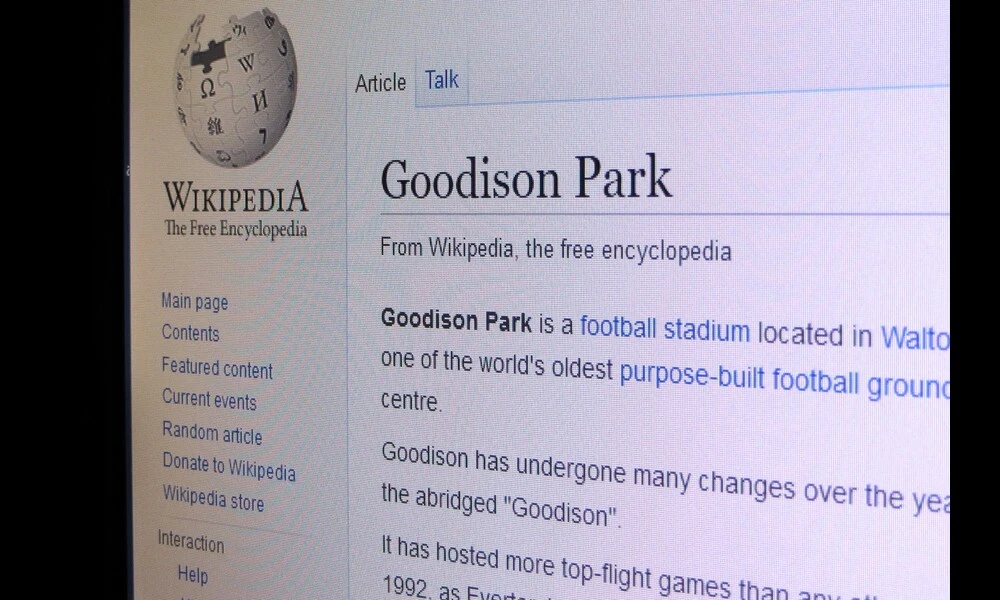ED-TLP: A Significantly Improved Implementation for Time Lock Puzzles
Published on Thu Sep 07 2023 Enigma Machine | School of Mathematics - University of Manchester on Flickr
Enigma Machine | School of Mathematics - University of Manchester on FlickrA new paper has introduced a concept called a "Delegated Time-Lock Puzzle" and presents a protocol called "Efficient Delegated Time-Lock Puzzle" (ED-TLP) that realizes this concept. Time-Lock Puzzles are cryptographic protocols that allow a client to lock a message in a way that can only be unlocked by a server after a specific time period. However, existing time-lock puzzles have certain limitations. They assume that both the client and server have sufficient computational resources, and they focus on the lower time bound for finding a solution, ignoring the upper bound that guarantees a regular server can find a solution within a certain time frame. Additionally, existing time-lock puzzles designed to handle multiple puzzles either have high verification costs or lack generality.
To address these limitations, the researchers introduce the concept of a "Delegated Time-Lock Puzzle" and propose the protocol ED-TLP. This protocol allows the client and server to delegate their resource-demanding tasks to third-party helpers, enabling real-time verification of solution correctness and efficient handling of multiple puzzles with varying time intervals. ED-TLP ensures the delivery of solutions within predefined time limits by incorporating both an upper bound and a fair payment algorithm. The researchers have implemented ED-TLP and conducted a comprehensive analysis of its overheads, demonstrating its efficiency.
The researchers also compared the efficiency of ED-TLP with other existing schemes. In their evaluation, they found that ED-TLP's client-side run-time was 74 times faster than the state-of-the-art multi-puzzle time-lock puzzle in a previous study and 1165 times faster than the original time-lock puzzle. On the server-side, ED-TLP was 102 times faster than the previous study and 5055 times faster than the original time-lock puzzle. These results highlight the remarkable efficiency of ED-TLP.
ED-TLP offers several features that existing schemes lack. It supports verification, allowing a third party to check the correctness of solutions. It also supports secure delegation, where the client and server can delegate their resource-demanding tasks to third-party helpers. ED-TLP ensures the privacy of plaintext solutions from these helpers. Additionally, it efficiently handles the multi-puzzle setting, where a server receives a large set of puzzles and must find different solutions at different points in time. The protocol also guarantees accurate-time solution delivery and fair payments.
The researchers have developed ED-TLP in a modular fashion, building upon the concept of a "Generic Multi-instance Time-Lock Puzzle" and introducing a new predicate called "Customised Extra Delay Generating." They have implemented ED-TLP and conducted an analysis of its overheads, demonstrating its efficiency compared to existing schemes. The implementation source code is publicly available.
Overall, the introduction of the Delegated Time-Lock Puzzle and the ED-TLP protocol addresses the limitations of existing time-lock puzzle schemes and offers new features and efficiency. This research has implications for various applications, such as timely payments in cryptocurrencies, e-voting, fair contract signing, timed secret sharing, and sealed-bid auctions.



